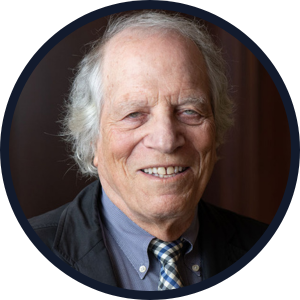Doug Colbert
Professor of Law, University of Maryland Francis King Carey School of Law
Doug Colbert joined the Maryland Carey Law faculty in 1994 after directing the criminal justice clinic and teaching civil rights at Hofstra Law School and visiting at Northeastern and Utah Law Schools where he taught Evidence and Lawyering Skills courses. Having taught the Access to Justice criminal defense clinic for many years, Professor Colbert currently teaches Criminal Procedure II and the Race seminar in the fall semester, and Legal Profession in the spring. He has written extensively in the areas of criminal law, constitutional law, lawyers’ ethical responsibilities, and police misconduct. Professor Colbert’s favorite three law review articles focused on politically sensitive trials (Stanford), the Thirteenth Amendment and the badge of racial exclusion (Cornell) and most recently, bail reform and structural racism at the pretrial stage (Maryland).
Professor Colbert currently testifies as an expert witness in class action lawsuits in state and federal courts on behalf of parties seeking fundamental change in pretrial justice and guarantees of indigent defendants’ right to counsel. He also testifies before Maryland legislative committees on various criminal law issues. As the founder and director of the Lawyers at Bail Project, Professor Colbert’s lawyers represented 4,000 indigent defendants at bail hearings. Prior to entering the academy, Professor Colbert served as a senior trial attorney in the NYC Legal Aid Society’s criminal defense division for 11 years and acted as lead counsel in the Naponoch prison rebellion at Eastern Correctional Facility in upstate New York.
Professor Colbert regularly contributes opinion articles and engages as a media commentator about many criminal justice issues. For nearly two decades, he served as a board member of the Society of American Law Teachers (SALT), on the board of directors of the Public Justice Center, and on the Maryland Criminal Defense Attorneys Association (MCDAA) where he remains currently. He is a past chair of the Maryland State Bar Association’s Section on Correctional Reform.

